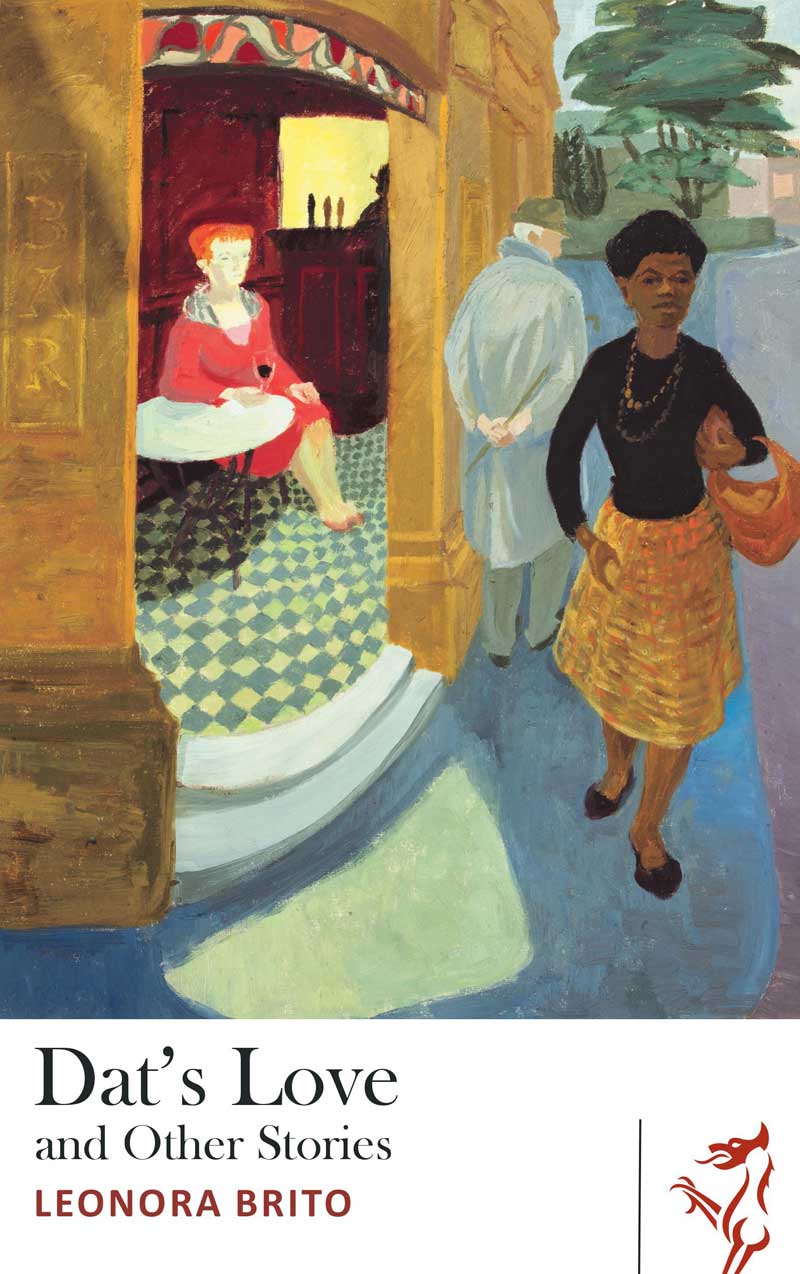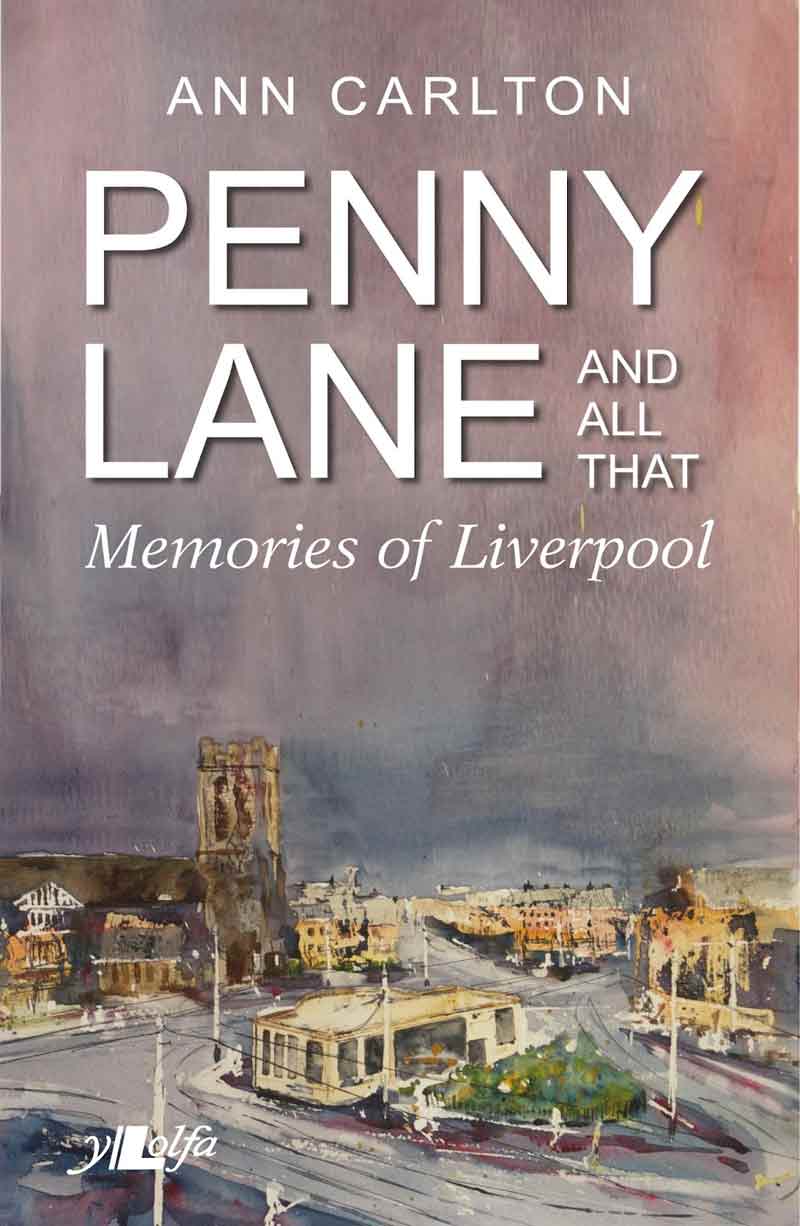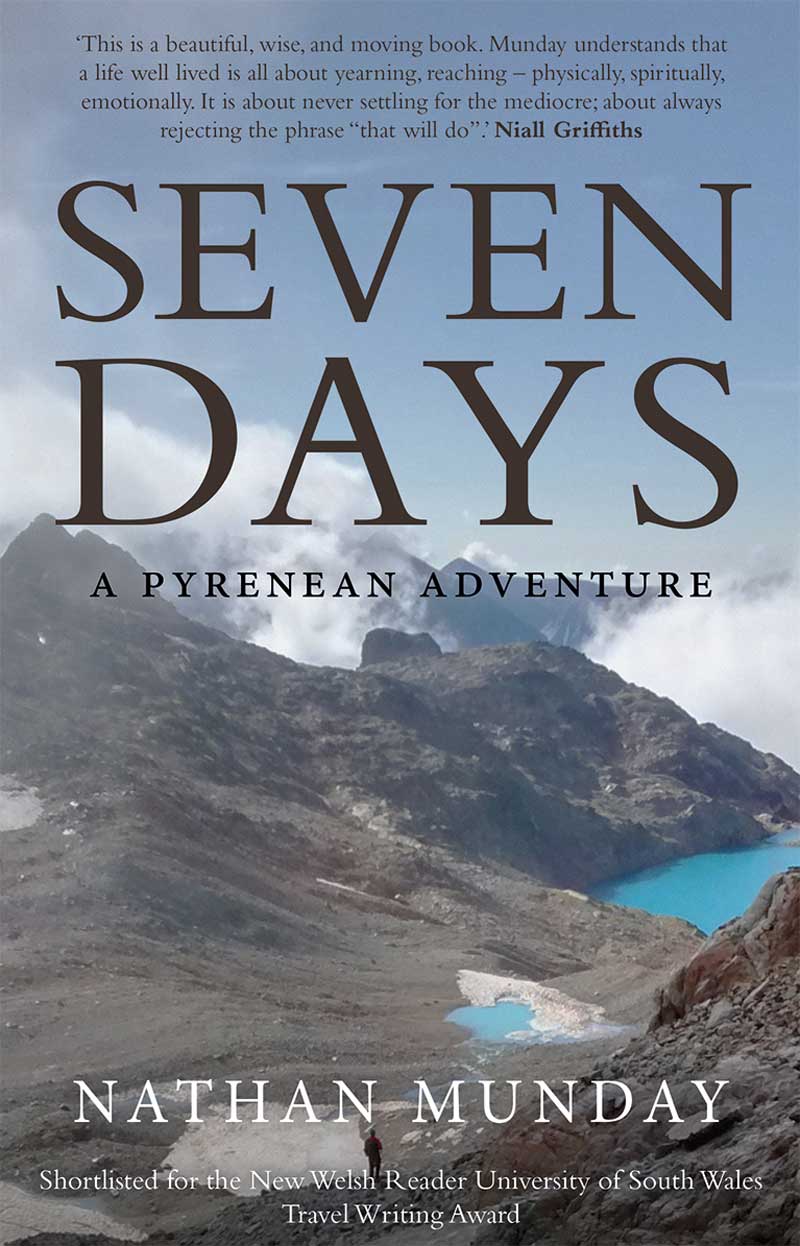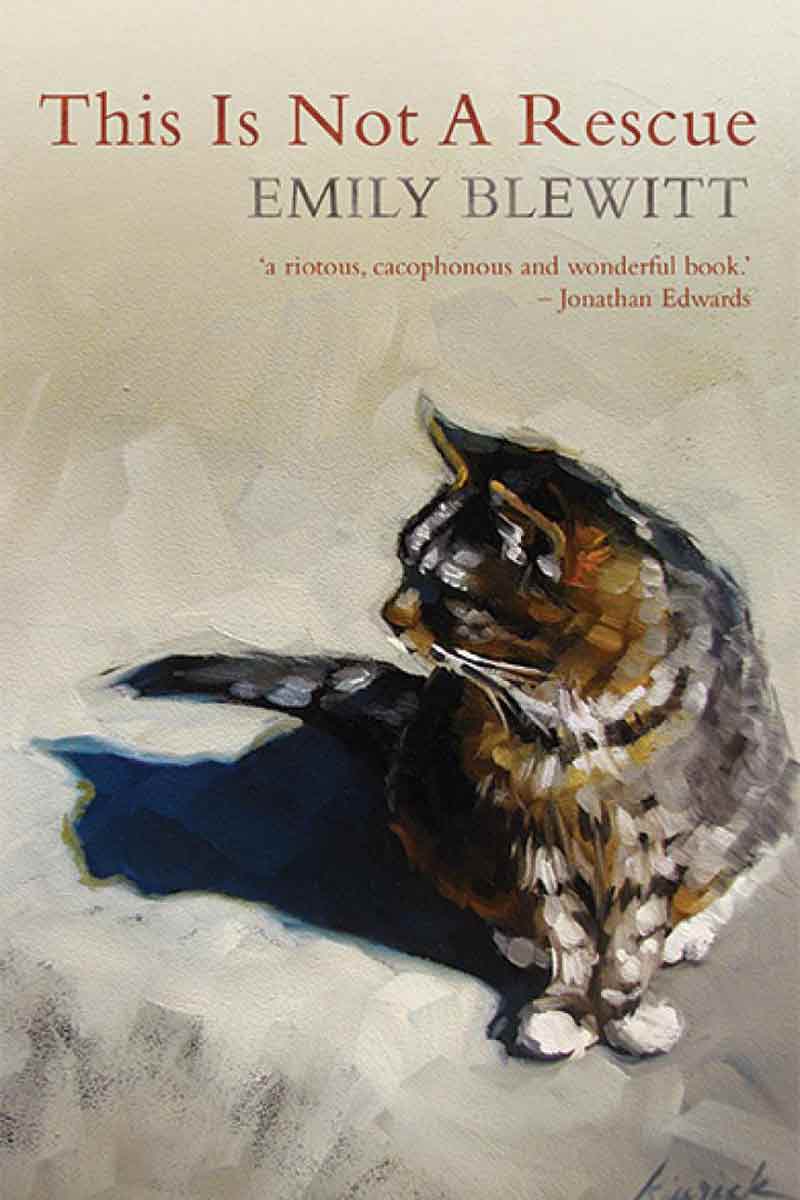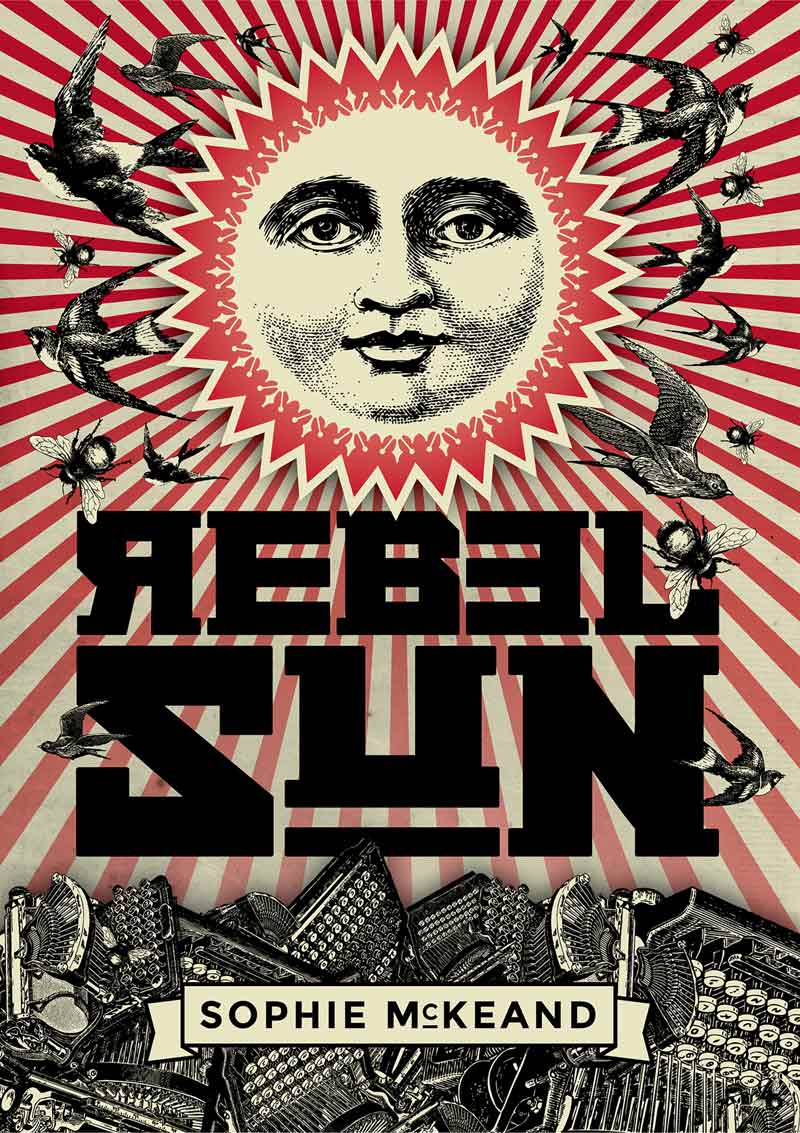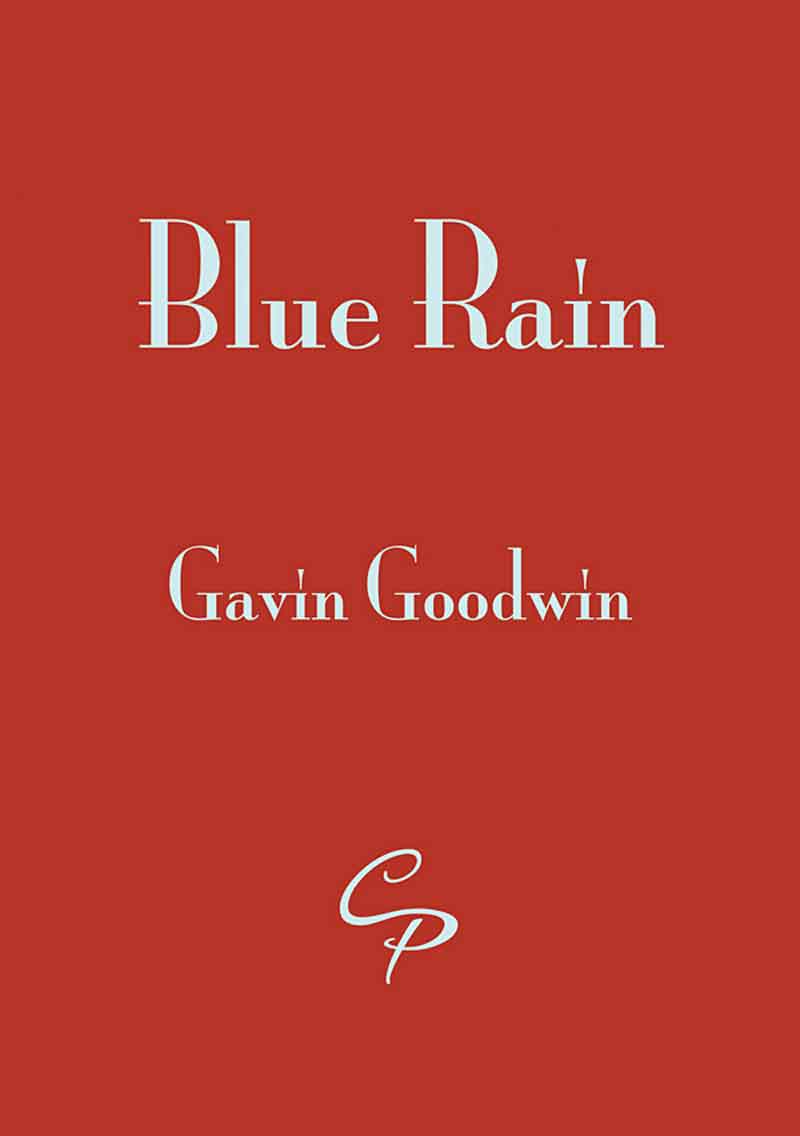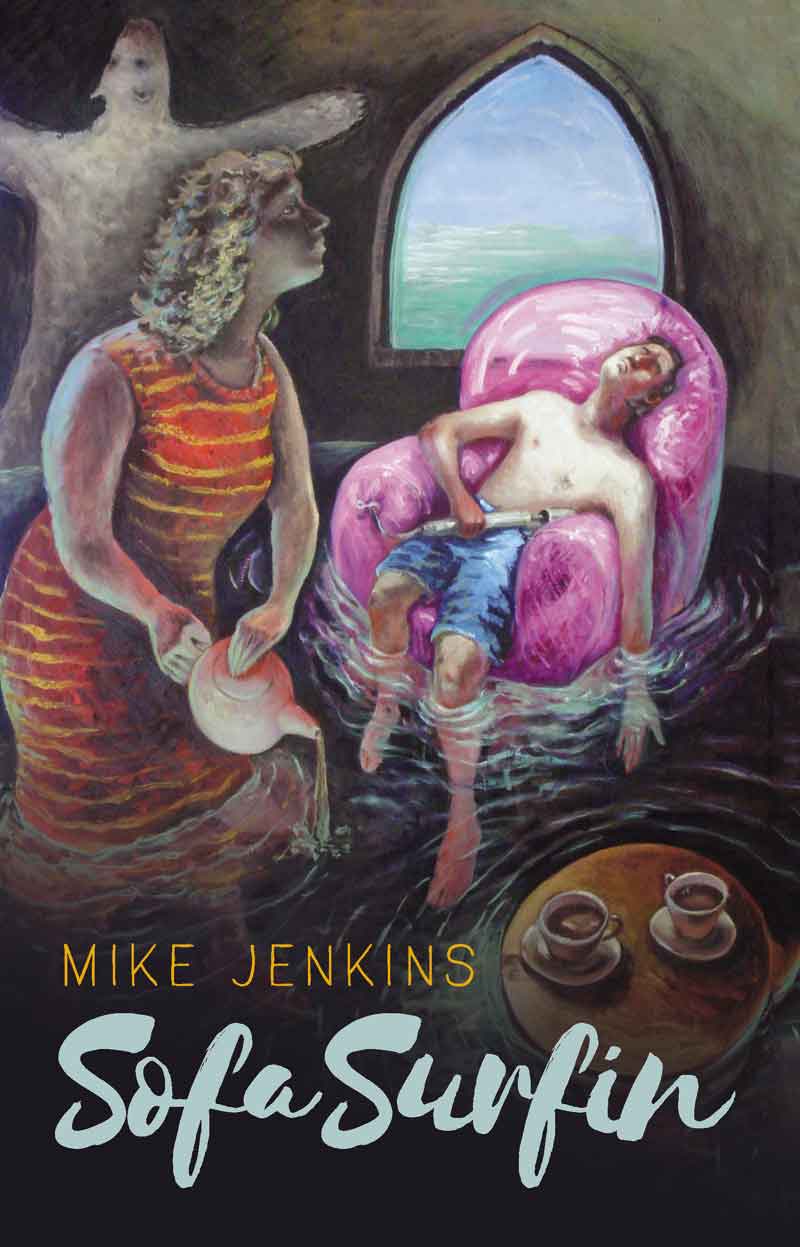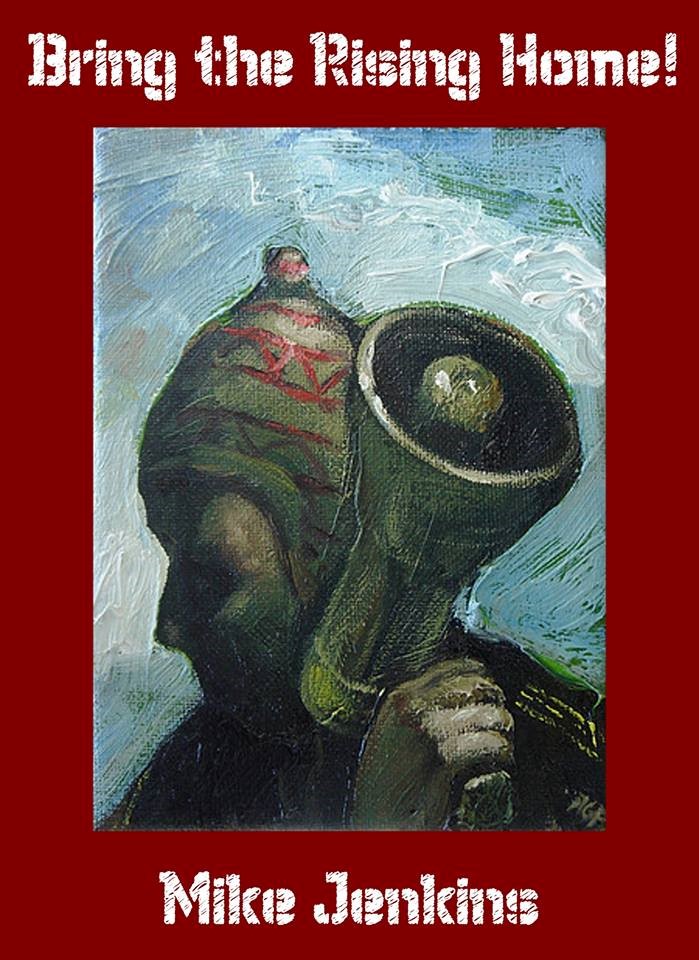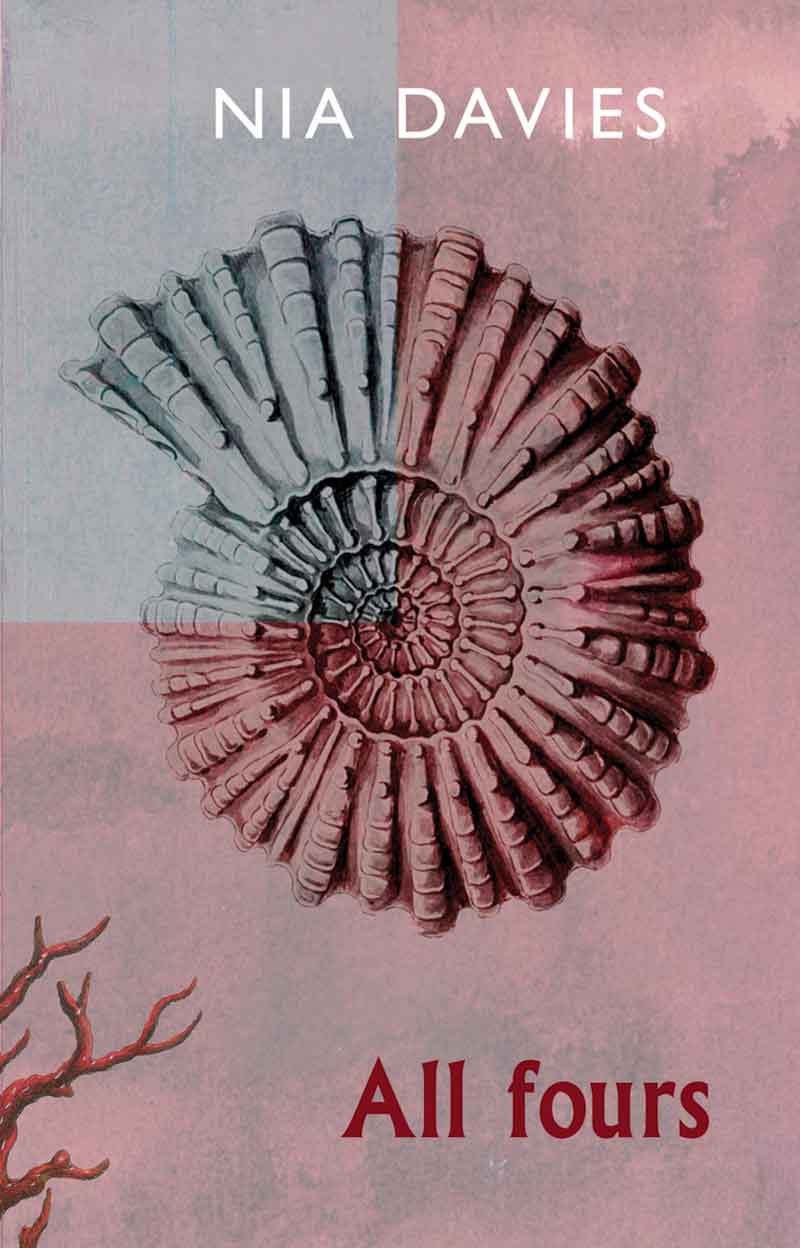On city breaks to Venice and Berlin, Helen Sandler talks to campaigners about how they are challenging unsustainable tourism and gentrification. What could activists and authorities in rural Wales learn from these more radical approaches on the continent?
Read moreAlyce Von Rothkirch experienced the death of her mother at the same time as the aggressive fallout from the EU referendum led to her decision to leave her home in Swansea for her birthplace of Germany. She describes how this double loss followed a similar pattern…
Read moreEarlier this year, Welsh Labour activist Darren Williams and Plaid MEP Jill Evans spoke at an event on the theme of ‘Why we need an anti-war government’ hosted by Cardiff Stop the War Coalition. As the nuclear threat escalates and more of the world is drawn into conflict, these authors detail their separate perspectives on the urgent struggle to establish an anti-militarist platform in mainstream politics.
Read moreA poem
Read moreIn our new series of creative responses to Wales' rail network, Reading Between the Lines, Menna Elfyn takes a journey to the neglected, end-of-the-line town of Pembroke Dock, which feels a world away from her home in Carmarthen. Taking inspiration from the thirteenth-century 'fragments' of Llyfr Gwyn Rhydderch she reflects on how contemporary Wales is itself made of fragments...
Read moreIn a follow-up to his article in Planet 226 on utopianism and Welsh cultural politics, Jamie Harris contrasts two visions for future energy generation, one utopian, the other decidedly dystopian: the Swansea Bay Tidal Lagoon and Wylfa B nuclear power station.
Read moreLen Arthur details the extent of precarious and exploitative work in Wales from a Marxist perspective. He highlights the imaginative campaigns in Scotland by Better Than Zero to expose bad employers and encourage trade union membership in the lead up to the launch of Better Than Zero Wales.
Read moreLisa Sheppard draws on theories of feminism and nationalism to looks at how the concept of 'mamiaith' or 'mother-tongue' has fused together ideas of nation, family and language over the centuries. She asks what the implications of this are for fluent Welsh speakers like herself whose parents don't speak the language, and also for the Welsh Government target of reaching 1 million Welsh speakers by 2050.
Read moreCeridwen Lloyd Morgan applauds the National Library of Wales centenary exhibition of Kyffin Williams' work, arguing that while owning a Kyffin painting became a mere status symbol for the Welsh middle class, this show demonstrates that his legacy meant much more than this.
Read moreRhian E. Jones gives an in-depth review of releases by Gwenno, Gruff Rhys and the Manic Street Preachers, celebrating how they shatter into beautiful shards monolithic ideas of 'Britishness', 'Welshness' and what it means to be working class.
Read more
